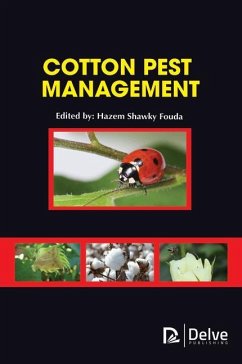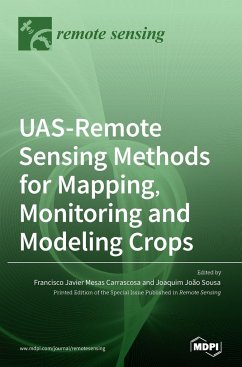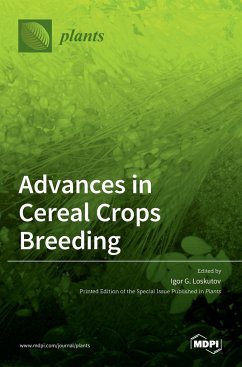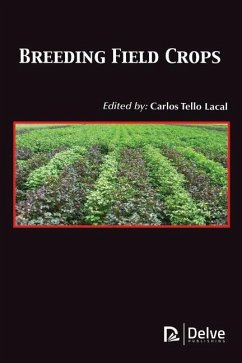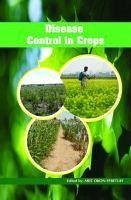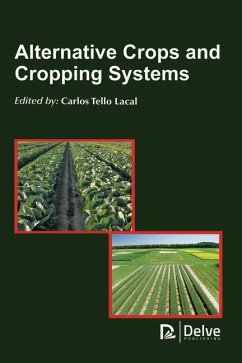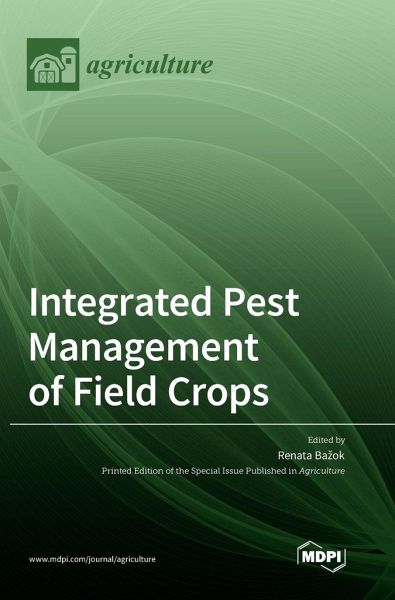
Integrated Pest Management of Field Crops
Versandkostenfrei!
Versandfertig in 1-2 Wochen
76,99 €
inkl. MwSt.

PAYBACK Punkte
38 °P sammeln!
Consumers in the EU and beyond are increasingly concerned about the impact of pesticides on the environment and human health. In the context of EU phytosanitary and environmental policies, the common EU challenge is to reduce dependence on chemicals, improve food quality and increase the potential for developing more bio-based production systems. Therefore, novel control methods and new strategies that reduce the current dependence on insecticides need to be developed, applied and disseminated among stakeholders. As a cornerstone of sustainable agriculture, integrated pest management (IPM) aim...
Consumers in the EU and beyond are increasingly concerned about the impact of pesticides on the environment and human health. In the context of EU phytosanitary and environmental policies, the common EU challenge is to reduce dependence on chemicals, improve food quality and increase the potential for developing more bio-based production systems. Therefore, novel control methods and new strategies that reduce the current dependence on insecticides need to be developed, applied and disseminated among stakeholders. As a cornerstone of sustainable agriculture, integrated pest management (IPM) aims to improve farmers' practices to achieve higher profits while improving environmental quality. Implementing the principles of IPM in agricultural production requires new and up-to-date knowledge generated by science and accepted by farmers. In this Special Issue, we focus on recent advances and methods for IPM in field crops. It contains eight original research articles and two review articles dealing with different aspects of IPM in some of the major field crops: Potato, Maize, Soybean, Sugar Beet, Barley, Rice, Eggplant and Quinoa as well as farmer education issues on IPM. The studies published refer to all the basic principles of IPM and give examples of their implementation in different crops and cropping systems. Research on various aspects of the implementation of IPM in crop production is a continuous need. The research presented helps to provide a mosaic picture with examples of how crop-specific, site-specific and knowledge-intensive IPM practices should be considered and translated into workable practices.



